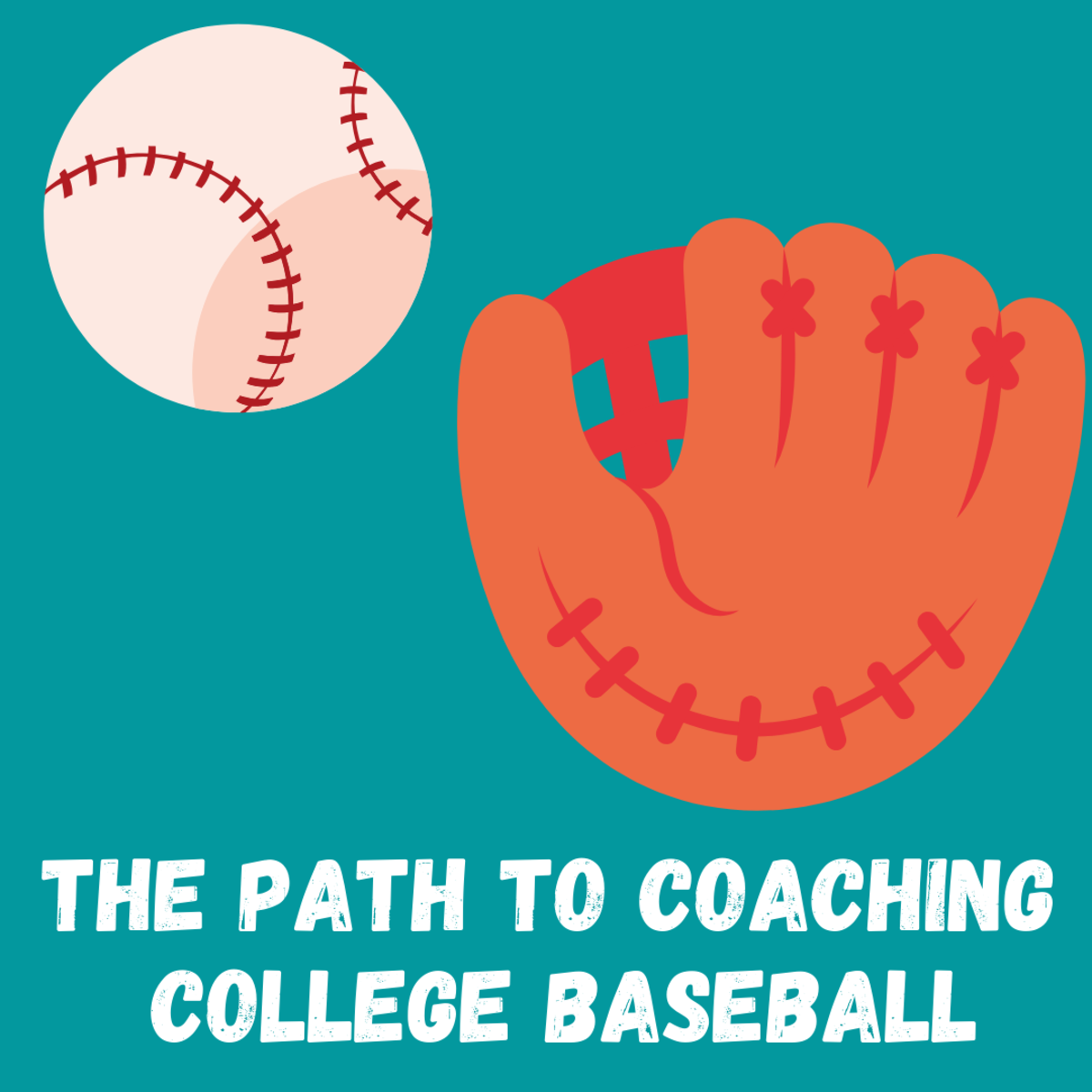Types of jobs for English majors

When they first start college, not many students know what career they want to pursue. It is especially true for English majors. People often ask them, “so, what are you going to do with an English degree, teach?”
I was asked the same question several times in college, and my response to that was always HELL NO (not literally, of course).
In almost each instance, I would try to explain to people that I am studying Professional Writing, so I am going to be a writer. But as I answered the question, I often asked myself what kind of writer do I want to be?
For some majors, it is easy to determine the career(s) associated with them. Accounting majors know they want to be accountants, but for English majors it can be hard to narrow down the careers they can pursue.
Many people study English because they love literature, and they eventually want to become authors, or work in the publishing industry. But most of them also know that it’s incredibly hard to make a decent living out of being an author, or break into the publishing industry.
However, there are several other industries in which English majors can work. They can always pursue their love for book writing in their free time.
For this post, I have narrowed down a list of jobs that I most often come across during my job search.

Marketing Coordinator: This is an entry-level position that is often open to several different kinds of majors. You might ask how this position might be relevant to an English major. Well, more often than not the position of Marketing Coordinator requires some amount of writing of marketing content.
The job description for this position vary from company to company. According to work.chron.com, “the coordinator assists the marketing manager and specialists in putting together campaigns for clients or their employer.”
Having a Marketing or Advertising minor and some relevant work/internship experience would increase your chances of getting this position or perhaps something better, such as Marketing Director or Marketing Manager.
Communications Specialist: This is another entry-level position that is often open to several majors including English. “Communications specialists, also known as public relations specialists, establish positive associations with the public and mass media on behalf of their clients,” according to study.com.
There isn’t a set description for this position either because it also depends on the company and its needs. The duties can range anywhere from writing press releases, blog posts and managing social media to analyzing technical documents.
Copywriter: Copywriters write marketing materials for companies including advertisements, promotional emails, web content, press releases and so on. This can be a hard-to-come-by position as many companies require ample amount of experience, but there’s no harm in applying. I have seen a few entry level candidates who landed a copy writing job not too long after graduation.
Copy Editor/Proofreader: These two positions are heavily related and can often be confused with each other. On occasions you’ll come across these positions combined into one.
A copy editor examines the text for grammatical and stylistic errors and suggests any edits that are needed. “Style refers to a given publication's guidelines for consistency in how words, phrases, typographical elements, etc., are to be used -- or not used),” according to slot.com.
Proofreader looks for issues such as grammar, spelling and punctuation. Robert Martin’s article on academia.edu explains the difference as “‘proof-reader reads the copy for consistency in usage and layout, for accuracy in the text and references and for typesetting errors. The proof reader, however, is only acting as a quality check, making sure that the copy editor or typesetter has not missed something. He or she is not responsible for overall consistency or accuracy.’”
Web Content Specialist: The job duties for this position range from developing web content and working with Content Management System (CMS) to assisting with design and resolving any issues. This position most often requires knowledge of HTML, CSS, JavaScript as well as design software such as Adobe Photoshop. So, if you are interested in this type of position and have a chance to learn at least some of these software, DO IT! You won’t regret it (unless, if you hate technology, of course).
A huge benefit of learning these software is that they are not only required for this position but for other editorial and technical writing positions as well. Having their knowledge will give you a great competitive advantage in the employment world.
Reporter: This is a position that I love to hate and hate to love (well, sometimes), because I am a reporter in real life. News reporting is at least 50 times more challenging than you might think. The worst part is that you don’t even get paid as much for it as you deserve. It sucks the blood out of your body (not trying to scare anyone away, just stating the facts). But, if you have a true passion for journalism and reporting, you’ll love it no matter what.
Reporting doesn’t always require a journalism degree, although journalism majors are preferred. But I have never taken a journalism class in my life, and my first job out of college was of a reporter. Employers will certainly prefer if you have at least some college or real-life reporting experience.
Associate Editor: This is a position that many aspiring editors want to start their career with. It is not easy to get, let me tell you that. Although I have seen some folks who were hired for this position a few months after graduation, but almost all of them had significant amount of writing, editing and reporting experience in college and non-college settings. Speaking from personal experience, you have to be exceptional at writing and editing for the employers to even consider you for this position.
The job description loosely includes writing, editing, assigning content to writers, assisting with publication layouts, and so on. CMS knowledge, as well as working knowledge of design software such as Adobe InDesign, Illustrator and Photoshop could be helpful.
Editorial Assistant: Editorial Assistants largely assist with the editorial process that includes researching, interviewing, writing, proofreading, and performing administrative tasks as well. This could, perhaps, be a good entry level position that may not require a lot of experience.
Technical Writer: If you are familiar with the job market, you might know that Technical Writing has a bright outlook. It is probably one of the best writing jobs out there, pay wise. But as great as it sounds, Technical Writing jobs are EXTREMELY hard to get. Most of the positions you’ll come across will require 3-5 years of experience.
There are some companies, such as Epic, that hire entry level candidates for this position, but even they are extremely hard to get into because of the pre-interview screening. Epic requires you to take a skills test that includes math and programming questions that I guess only an Engineer or a programmer could pass. I assume if you are an English major, you have to be extremely good at math and programming to get into that company.
The position description for Technical Writing typically includes writing technical documents, such as product/software manuals, communicating with the department personnel to learn more about the product and more.
(I plan on writing a detailed post on getting started as a Technical Writer, so stay tuned).
Social Media positions: When searching for jobs, make sure to search for social media jobs as well. You will come across some positions that will require a lot of experience and skills, but there will be other positions that might be more fitting for entry-level graduates.
And remember, social media isn’t just about updating Facebook, Twitter, etc. It is also about knowing how to increase customer engagement. So make sure you do your research and understand how social media works, and how companies can make a good use of it to promote themselves.
Good news:
The positions listed above are not the only positions that you can find after graduating with an English (or related) degree. These are just some of the common ones that you'll come across.
Bad news:
Since many of these job titles are open to several different majors, you are likely to face more competition.
Job search tips:
- Start looking for jobs a few semesters before graduation, because that way you'll get to explore the field and will find out what kinds of jobs might fit you best. After applying for Technical Writing positions only for the first few months, I discovered that it’s not for me. So by searching early, you'll not only learn more about the job market but also about yourself, and your preferences.
- Search for a variety of keywords/key phrases when job hunting. Typing words like writer, editor may not get you too far in the job search. Instead try words/phrases like content, communications, social media, associate editor, etc. Good luck!

© 2015 Rumasa








